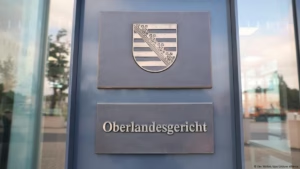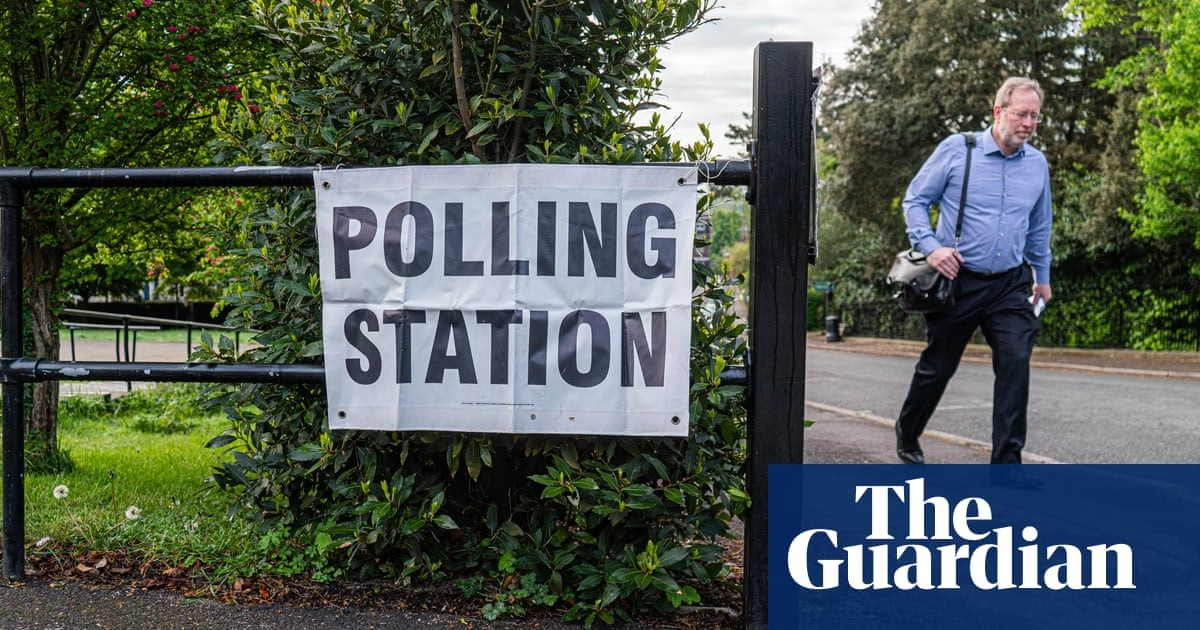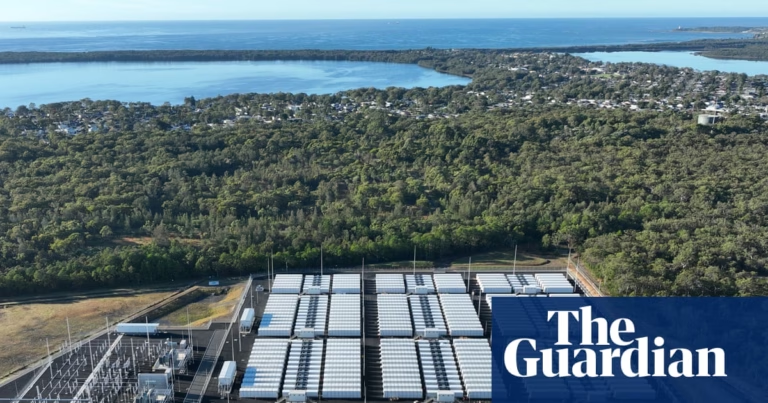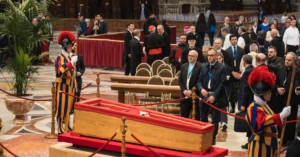Out of the 1,641 council seats up for election this year, the Conservatives hold 1,182 seats. The previous elections saw the Conservatives with a significant lead, which was a good night for the party. However, the current polling shows that the Conservative party hasn’t recovered from the general election and may face a challenge from the Reform Party and the Liberal Democrats. The Lib Dems aim to gain more seats and continue their winning streak against the Conservatives. Reform UK, which had few candidates in 2021, is now standing in almost every contest and may end up with control of at least one council and hundreds of councillors, establishing itself as a potent political force.
This set of local elections is not an especially stern test for the Labour government, as they won only 336 seats in 2021. But, focus will be on how the Labour Party holds off the challenge from Reform. Labour faces a key parliamentary by-election alongside the local contests. The by-election’s outcome will be more important for the political narrative through the summer than its impact on parliament. The 2024 general election exposed the fragmentation in electoral politics and a willingness for voters to try new parties beyond the traditional two-party system. With the continued fragmentation on the left and right, the 2025 local election results are likely to reflect the changes in electoral preferences since 2021 and the recent general election. Therefore, for putting the local elections into a wider context, it’s all about the base.








